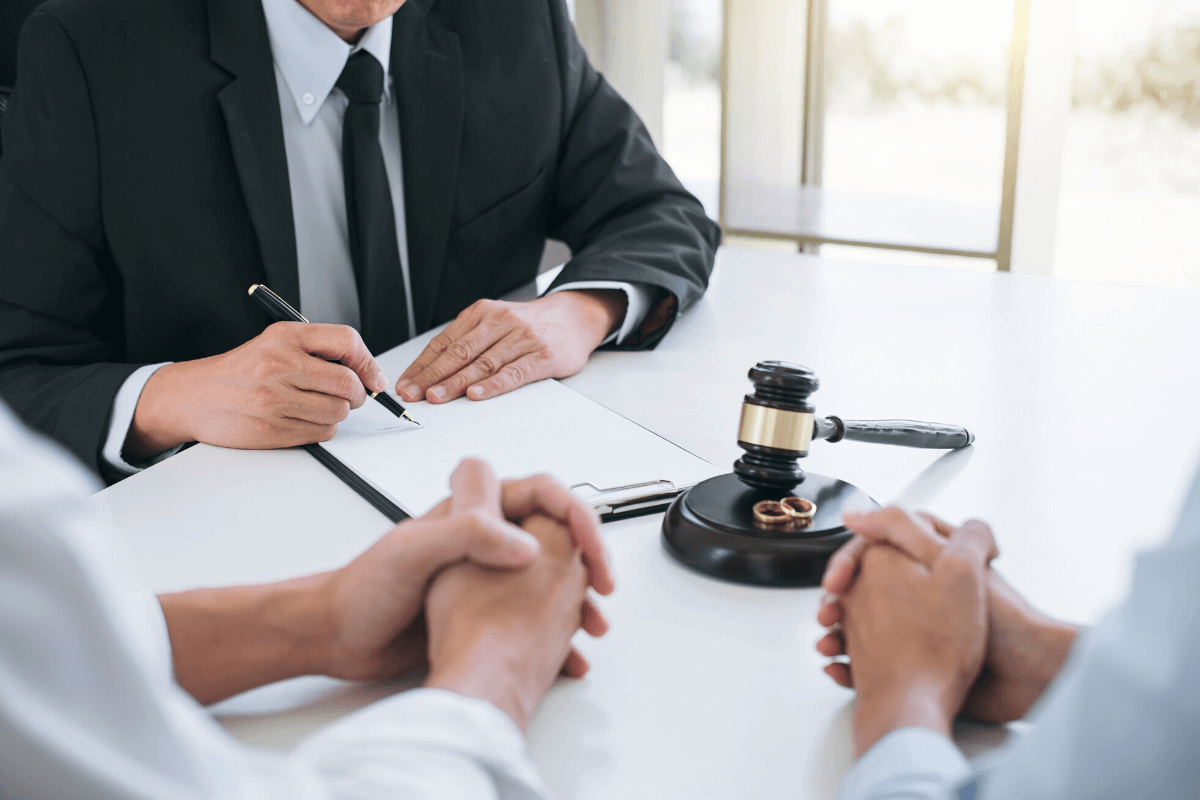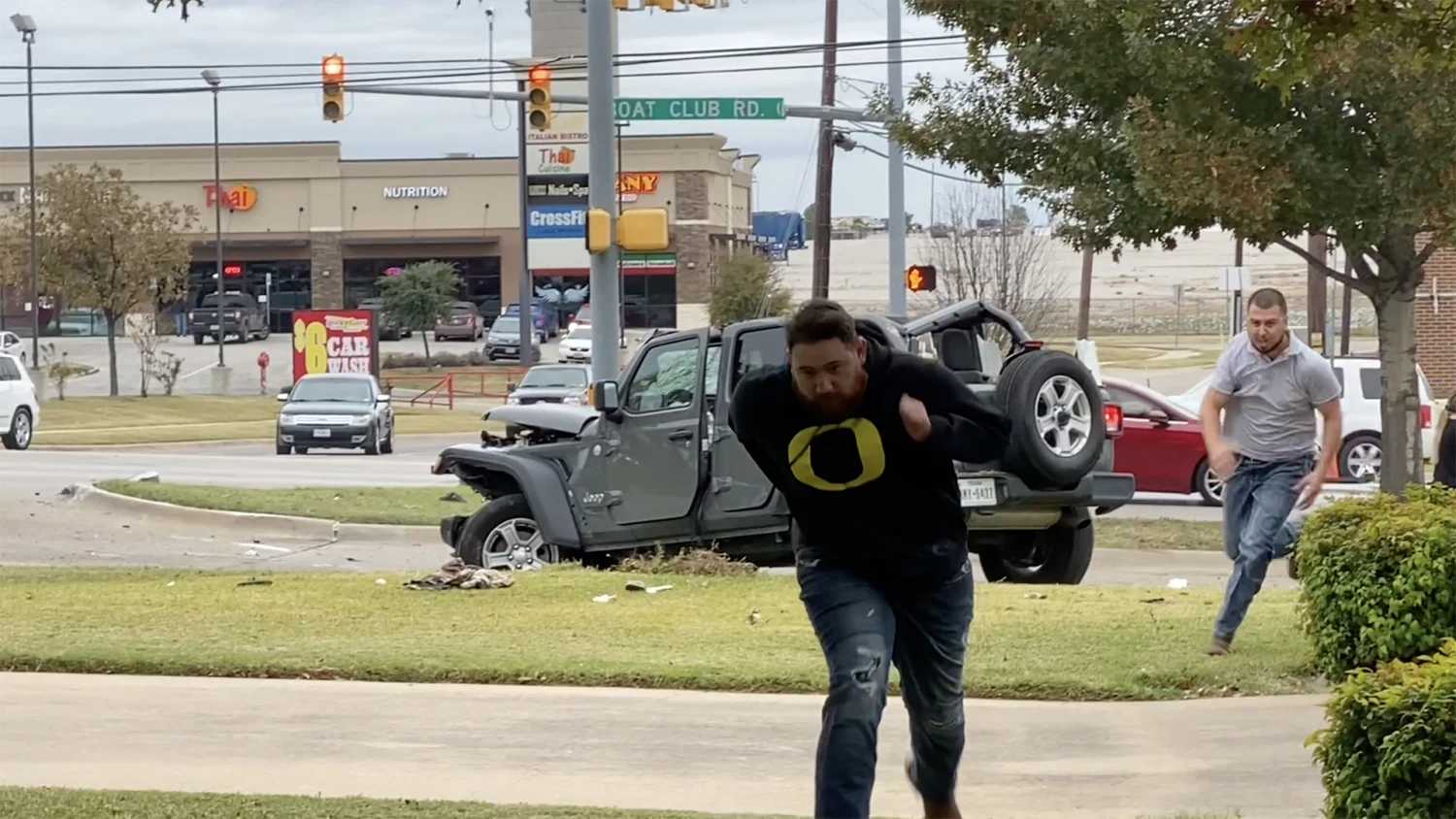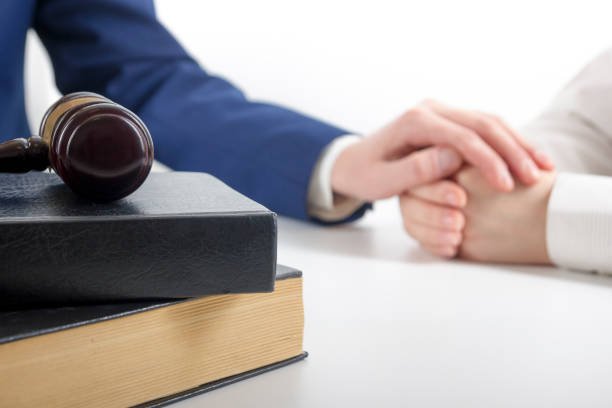Being injured by a drunk driver is one of the most traumatic and frustrating experiences someone can face. These accidents can happen in an instant but leave behind long-term pain, financial pressure, and emotional distress. If you or someone you care about has been hurt in a crash caused by a drunk driver in New York, it’s important to know the next steps to take—steps that can protect your health, your rights, and your future. Consulting with a lawyer for personal injury in New York can also provide clarity on how to move forward and what legal options may be available.
This guide walks you through what to do after the incident, offering helpful suggestions that many people have found useful when navigating the road to recovery.

Need Guidance After Being Injured by a Drunk Driver in New York?
If you’re feeling overwhelmed or unsure about what to do next, know that support is available.
- Address: 147 East 82nd Street Suite 6B, New York, NY 10028
- Phone: (917) 941-4094
- Email: Ira@irapintel.com
Step 1: Prioritize Your Health and Safety
Immediately after an accident, your body may be in shock. You might not feel the full effects of the injuries right away, but that doesn’t mean they’re not serious. Even if symptoms feel minor, it’s strongly recommended that you:
- Get checked by emergency responders at the scene
- Visit a hospital or urgent care facility as soon as possible
- Follow up with your doctor in the days or weeks after
Prompt medical attention creates a clear record of your injuries and helps you avoid complications later.
Step 2: Document Everything You Can
While first responders and police will create reports, it’s also important for you to gather your own documentation if you’re physically able:
- Take photos of the scene, vehicles, and visible injuries
- Record the date, time, and weather conditions
- Collect names and contact info of any witnesses
- Note any comments or behavior from the other driver
This kind of evidence can make a big difference when it comes to understanding what happened and how to move forward.
Step 3: Limit What You Say at the Scene
After a traumatic event, emotions run high. You may be tempted to express frustration or speculate about what happened, but it’s wise to stay focused and calm. Stick to the facts when speaking with police or other drivers.
Avoid making assumptions about fault or minimizing your injuries with statements like “I’m fine.” The reality of your condition might not be clear until days later, and what you say could be used in ways you didn’t expect.
Step 4: Be Cautious with Insurance Companies
Soon after the accident, you may receive a call from an insurance adjuster asking for a statement or offering a settlement. These conversations are often recorded, and the offers might not reflect the true cost of your recovery.
You’re not required to make any decisions immediately. In fact, many people choose to consult with someone experienced in dealing with these situations before responding. It can give you clarity, reduce stress, and ensure that you’re not settling too soon or for too little.
Step 5: Track How the Injury Affects Your Daily Life
Pain and trauma don’t always show up on scans. They can affect sleep, focus, relationships, and your ability to work. That’s why it’s a good idea to keep a personal log of how your life has changed since the accident.
- Missed work or income
- Emotional distress or anxiety
- Difficulty performing routine tasks
- Dependence on medications or therapy
These notes not only give you a sense of how far you’ve come—they can also be valuable when explaining your situation to those helping you recover.
Step 6: Know That You’re Not Alone
Drunk driving crashes can feel deeply unfair. You did nothing wrong, yet now you’re left with physical pain, bills, and emotional weight. While every case is unique, you’re not the first person to go through this—and you don’t have to face it alone.
Some people find it helpful to speak with someone who knows how to handle the aftermath of these types of accidents. This doesn’t mean you’re launching a legal case right away—it simply means you’re exploring your options and learning what support is available.
Step 7: Be Mindful of Social Media
In today’s world, it’s natural to post updates online, especially after something major happens. But it’s wise to be cautious. Even casual posts can be taken out of context and used to question your experience or the severity of your injuries.
If you’re unsure, consider pausing any posts related to the accident until everything is sorted out. It’s a small step that can make a big difference in how your situation is viewed later.
Step 8: Give Yourself Time to Heal—Physically and Mentally
Recovery isn’t just about medical treatment. It’s about processing the emotional toll, rebuilding confidence, and regaining control of your daily routine. There’s no set timeline for healing from trauma, especially when it wasn’t your fault.
You don’t need to have all the answers right away. What matters is taking each step with care and surrounding yourself with resources that support your well-being.
Need Guidance After Being Injured by a Drunk Driver in New York?
If you’re feeling overwhelmed or unsure about what to do next, know that support is available.
- Address: 147 East 82nd Street Suite 6B, New York, NY 10028
- Phone: (917) 941-4094
- Email: Ira@irapintel.com
Talking to someone experienced can offer clarity and peace of mind—especially when things feel uncertain.
FAQs
1. Should I still see a doctor if I feel okay after the crash?
Yes. Some injuries, especially head and internal trauma, don’t show symptoms right away. Getting evaluated ensures your health is protected and documented.
2. What if the drunk driver’s insurance contacts me with a settlement offer?
It’s your choice whether to accept, but it’s often helpful to speak with someone familiar with these situations before making a decision. Initial offers may not fully reflect your long-term needs.
3. How long should I wait before taking action after the accident?
It’s usually best not to wait too long. Acting early can help you gather evidence, protect your rights, and better understand what steps make the most sense for your recovery.




